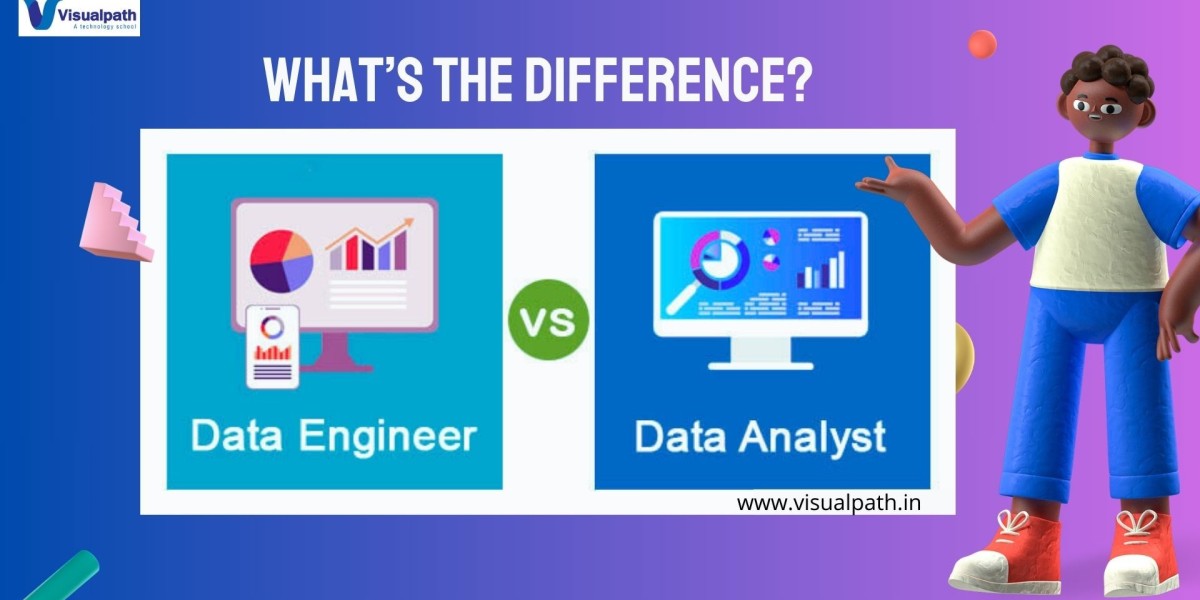As digital marketing continues to evolve, businesses are increasingly seeking innovative ways to engage with consumers, protect user data, and maintain transparency in their operations. One of the most promising developments in this regard is the emergence of decentralized social media platforms, powered by blockchain technology. These platforms represent a significant shift in how social media functions, offering unique opportunities and challenges for marketers. In this article, we will explore how decentralized social media platforms are shaping the future of "blockchain for marketing" and why businesses should take notice.
What Are Decentralized Social Media Platforms?
Traditional social media platforms like Facebook, Twitter, and Instagram are centralized, meaning that they are controlled by a single entity or company. These companies have the authority to regulate content, manage user data, and monetize the platform as they see fit. While this centralization has enabled rapid growth and profitability, it has also led to significant issues, including data breaches, censorship, and privacy concerns.
Decentralized social media platforms, on the other hand, operate on blockchain technology, which distributes data across a network of nodes rather than storing it on a central server. This decentralized structure offers several key advantages:
User Control Over Data: In a decentralized network, users have control over their own data. They can decide what information to share, who can access it, and how it is used. This is a stark contrast to centralized platforms, where user data is often monetized without explicit consent.
Transparency: Blockchain’s immutable ledger ensures that all transactions and interactions on the platform are transparent and cannot be altered. This creates a level of trust and accountability that is difficult to achieve on traditional platforms.
Censorship Resistance: Since there is no central authority controlling the platform, decentralized social media is less susceptible to censorship. Users can freely express their opinions without fear of being silenced or having their content removed.
The Rise of Decentralized Social Media
The rise of decentralized social media platforms has been driven by growing concerns over privacy, data security, and the monopolistic practices of tech giants. Platforms like Mastodon, Steemit, and Minds are leading the charge, offering users an alternative to the traditional social media experience.
Mastodon, for example, is an open-source, decentralized social network that allows users to create their own communities with unique rules and governance structures. Steemit, on the other hand, rewards users with cryptocurrency for creating and curating content, incentivizing quality contributions and active participation. Minds is another platform that combines the features of social media with blockchain technology, offering users greater control over their data and content monetization.
How Blockchain for Marketing Fits In
The shift toward decentralized social media platforms presents a new frontier for marketers. As more consumers migrate to these platforms, businesses must adapt their marketing strategies to reach and engage this audience effectively.
Here are some ways blockchain for marketing is set to transform the landscape:
- Enhanced Targeting and Personalization
Decentralized platforms allow marketers to gain direct access to consumer data, with users’ consent, enabling more accurate targeting and personalization of content. By leveraging blockchain technology, businesses can ensure that data is secure and that users are compensated for sharing their information. This creates a more ethical and transparent relationship between brands and consumers.
- Incentivized Engagement
One of the key features of decentralized platforms is the ability to reward users for their engagement. This could take the form of cryptocurrency, tokens, or other digital assets. Marketers can capitalize on this by creating campaigns that incentivize users to interact with their content, share it with others, and provide feedback. This not only boosts engagement but also builds brand loyalty.
- Authenticity and Trust
With blockchain’s transparency, businesses can demonstrate authenticity in their marketing efforts. Consumers are increasingly skeptical of traditional advertising, often perceiving it as manipulative or deceptive. Blockchain allows marketers to prove the legitimacy of their claims, whether it’s verifying the source of a product, ensuring ethical supply chains, or providing proof of charitable contributions. This level of transparency fosters trust and can significantly enhance brand reputation.
- Combatting Ad Fraud
Ad fraud is a major issue in digital marketing, costing businesses billions of dollars annually. Decentralized platforms, with their inherent transparency and security, offer a solution. By using blockchain technology, marketers can ensure that their ads are being displayed to real users and not bots. Additionally, smart contracts can automate the ad buying process, reducing the risk of fraud and ensuring that advertisers only pay for verified interactions.
- User-Centric Content Creation
In a decentralized environment, content creation becomes more user-centric. Marketers can collaborate directly with consumers to create content that resonates with the audience. This collaborative approach not only results in more relevant content but also empowers users, making them feel valued and respected by the brand.
- Data Sovereignty
One of the most significant advantages of decentralized platforms is data sovereignty. Users have complete control over their personal information, deciding what to share and with whom. For marketers, this means building more meaningful relationships with consumers based on mutual respect and trust. Instead of relying on invasive data collection practices, businesses can engage with users who willingly provide their data in exchange for value.
Challenges and Considerations
While the potential of decentralized social media platforms is immense, there are challenges that marketers must consider. The decentralized nature of these platforms means that they are often less user-friendly and harder to navigate than traditional social media. This can make it more difficult to reach a broad audience, especially if the platform is still in its early stages of development.
Moreover, the lack of a central authority can lead to issues with content moderation. Without clear guidelines and oversight, decentralized platforms may become breeding grounds for misinformation, hate speech, and other harmful content. Marketers must be vigilant in ensuring that their campaigns are ethical and do not contribute to these problems.
Finally, the adoption of decentralized social media is still in its infancy. While these platforms are gaining traction, they have yet to achieve the mass adoption necessary to compete with the likes of Facebook or Twitter. Marketers should approach decentralized social media as a complement to, rather than a replacement for, their existing strategies.
Conclusion
Decentralized social media platforms represent a promising future for "blockchain for marketing." By providing users with greater control over their data, ensuring transparency, and offering new ways to engage with audiences, these platforms have the potential to revolutionize digital marketing. However, businesses must navigate the challenges and complexities that come with this new landscape. As the technology matures and gains wider adoption, decentralized social media could become an integral part of any forward-thinking marketer’s toolkit.








